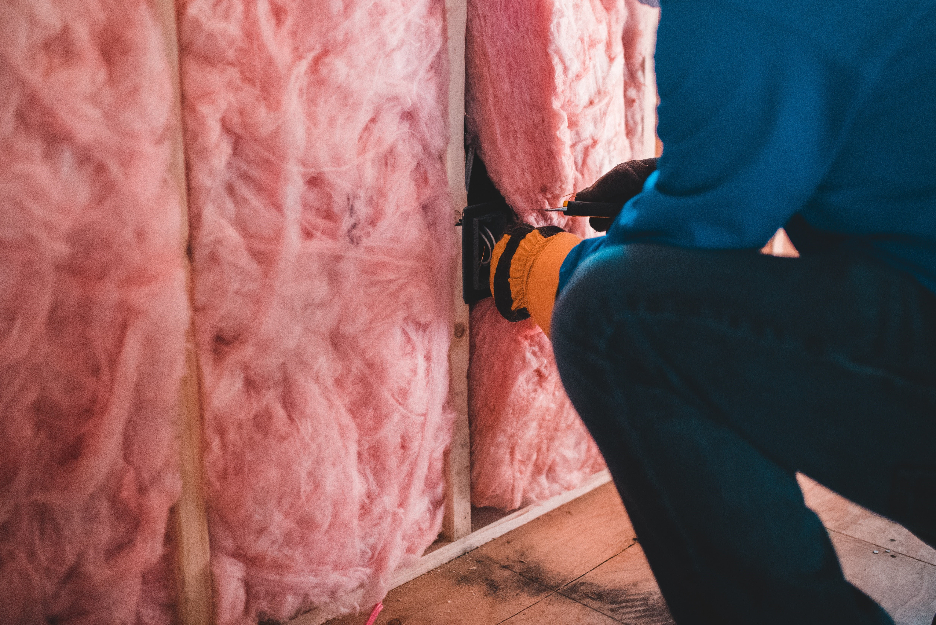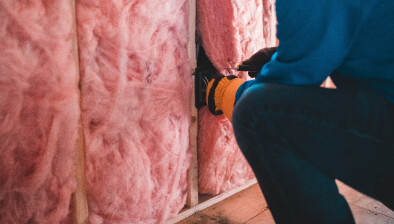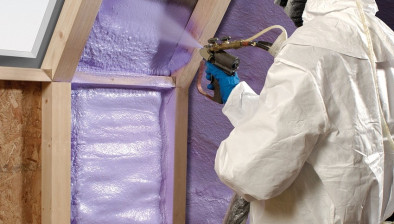Scots ‘losing £10,000 a week’ to rogue insulation traders

Rogue traders selling substandard insulation services have scammed households in Scotland out of more than £10,000 a week, with many preying on older customers, a charity has warned.
Figures from Advice Direct Scotland reveal a sharp rise in these scams over the past year, with cowboy contractors exploiting the energy crisis to convince people they can lower their bills.
The charity, which runs a scam reporting tool at consumeradvice.scot, found that Scots have lost a total of £661,586 to insulation-related scams over the past two years.
In 2023/24 alone, £197,762 was lost, but reports have more than doubled in the current financial year. As of January 31, the total amount lost in 2024/25 stood at £463,824. This means Scots are losing £10,786 every week to such scams, with the true scale likely much higher as many incidents go unreported.
Many scams involve cold-calling traders, who tell worried residents that their homes need urgent repairs to the roof or exterior.
To pressure people into accepting on the spot, they claim to be offering a ‘one day only’ discount or special deal and demand payment up front. In some cases, the rogue traders claim that their work is being partially funded by a government grant, and that they have been contracted by local councils to carry it out.
No such government grants exist, and when affected customers phone their local council, they discover that no such contracts exist either.
Advice Direct Scotland has also received numerous complaints about traders offering to remove existing botched insulation, such as spray foam used in lofts. The charity is warning consumers that there are likely to be links between such firms and the ones responsible for the poor work in the first place.
Hazel Knowles, senior project lead for Advice Direct Scotland, said: “Roofing and insulation scams tend to increase during the colder months, as homeowners worried about sky-high energy bills try to keep their costs down.
“Scammers take advantage of this increased demand by offering overpriced or unnecessary insulation services, often using high-pressure sales tactics and targeting older people.
“These scammers are ruthless. They will dupe people into thinking they need insulation, then fit substandard materials which cause damp or damage the house – and then have the gall to go back and try to convince the homeowner to pay them to rip it out again.
“Cold callers often approach householders to offer free ‘roof assessments’. Once in their home, they tell them they need roof work, insulation or insulation removal.
“But these cold callers cannot be trusted and often try to get homeowners to sign up for work they don’t need. Instead, seek out traders who are affiliated to trusted trader schemes.”
In one recent case reported to Advice Direct Scotland, cold callers offered to line a roof and coat it with a paint that would supposedly provide a defence against frost.
The resident paid almost £2,000 for the job, and the tradesmen spent a couple of days working on the roof. After they had left, the resident discovered that the painting had been done to a very poor standard, with some slates and part of the guttering left damaged.
The traders initially agreed to return and fix the issues but repeatedly missed appointments and eventually stopped answering calls.
The resident then hired an independent surveyor, who found that the paint used on the roof offered no frost protection. As a result, the entire roof needed to be repainted.





















